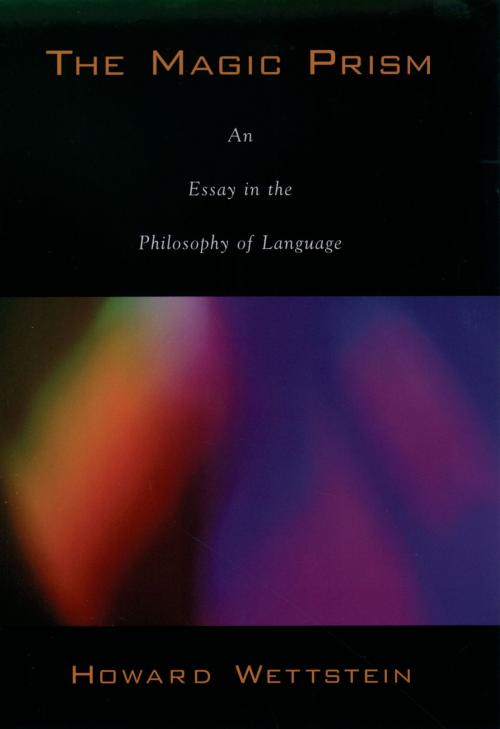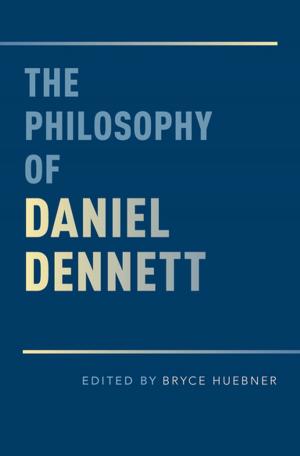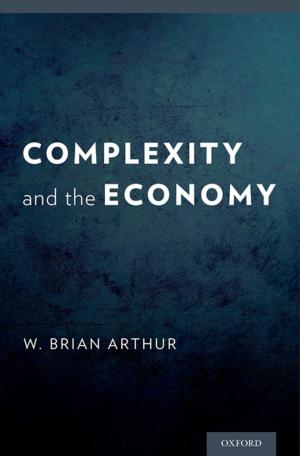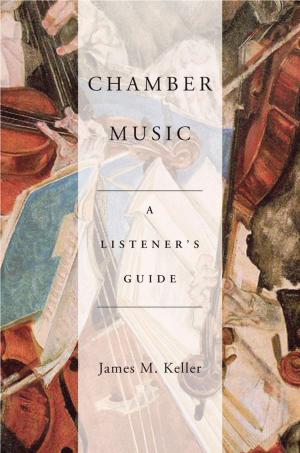The Magic Prism
An Essay in the Philosophy of Language
Nonfiction, Reference & Language, Language Arts, Linguistics, Religion & Spirituality, Philosophy| Author: | Howard Wettstein | ISBN: | 9780190289614 |
| Publisher: | Oxford University Press | Publication: | April 1, 2004 |
| Imprint: | Oxford University Press | Language: | English |
| Author: | Howard Wettstein |
| ISBN: | 9780190289614 |
| Publisher: | Oxford University Press |
| Publication: | April 1, 2004 |
| Imprint: | Oxford University Press |
| Language: | English |
The late 20th century saw great movement in the philosophy of language, often critical of the fathers of the subject--Gottlieb Frege and Bertrand Russell--but sometimes supportive of (or even defensive about) the work of the fathers. Howard Wettstein's sympathies lie with the critics. But he says that they have often misconceived their critical project, treating it in ways that are technically focused and that miss the deeper implications of their revolutionary challenge. Wettstein argues that Wittgenstein--a figure with whom the critics of Frege and Russell are typically unsympathetic--laid the foundation for much of what is really revolutionary in this late 20th century movement. The subject itself should be of great interest, since philosophy of language has functioned as a kind of foundation for much of 20th century philosophy. But in fact it remains a subject for specialists, since the ideas are difficult and the mode of presentation is often fairly technical. In this book, Wettstein brings the non-specialist into the conversation (especially in early chapters); he also reconceives the debate in a way that avoids technical formulation. The Magic Prism is intended for professional philosophers, graduate students, and upper division undergraduates.
The late 20th century saw great movement in the philosophy of language, often critical of the fathers of the subject--Gottlieb Frege and Bertrand Russell--but sometimes supportive of (or even defensive about) the work of the fathers. Howard Wettstein's sympathies lie with the critics. But he says that they have often misconceived their critical project, treating it in ways that are technically focused and that miss the deeper implications of their revolutionary challenge. Wettstein argues that Wittgenstein--a figure with whom the critics of Frege and Russell are typically unsympathetic--laid the foundation for much of what is really revolutionary in this late 20th century movement. The subject itself should be of great interest, since philosophy of language has functioned as a kind of foundation for much of 20th century philosophy. But in fact it remains a subject for specialists, since the ideas are difficult and the mode of presentation is often fairly technical. In this book, Wettstein brings the non-specialist into the conversation (especially in early chapters); he also reconceives the debate in a way that avoids technical formulation. The Magic Prism is intended for professional philosophers, graduate students, and upper division undergraduates.















